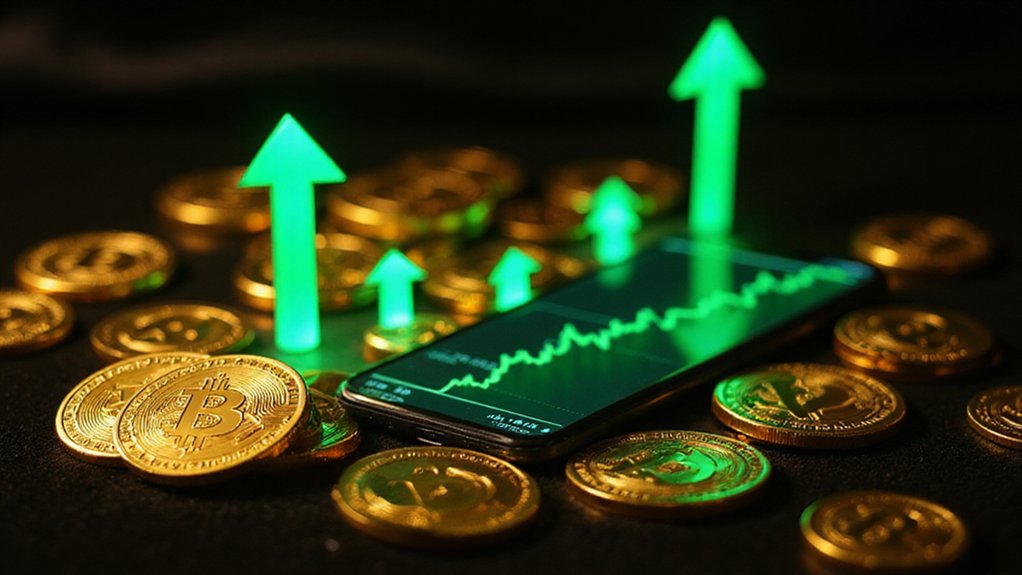When the titans of industry and politics collide, the market’s verdict arrives with brutal efficiency—a lesson Tesla shareholders learned firsthand as the electric vehicle giant’s stock plummeted 14% following a very public spat between Elon Musk and Donald Trump. The immediate carnage? A staggering $34 billion evaporated from Musk’s net worth, demonstrating how swiftly political theater can translate into very real financial consequences.
The market’s initial panic (understandable, given the volatility of both personalities involved) gave way to cautious optimism as Tesla shares rebounded more than 5% in early trading. Yet this temporary recovery masks deeper concerns about the intersection of political influence and market stability. When a former president threatens to strip government contracts from companies—SpaceX and Tesla rely heavily on federal partnerships—investors rightfully question whether their portfolios have become hostages to Twitter feuds and political vendettas.
When former presidents threaten corporate contracts over social media disputes, investor portfolios become casualties of political theater.
Tesla’s broader struggles compound these concerns, with shares declining 26% year-to-date even before this latest drama. The company’s push into autonomous vehicles remains promising, but political headwinds now represent an additional risk factor that analysts must weigh alongside traditional metrics like production capacity and competitive positioning. Wedbush analyst Dan Ives maintained his bullish outlook, viewing Tesla’s autonomous future as potentially worth $1 trillion for the company.
The ripple effects extend beyond Tesla’s immediate sphere. Market volatility triggered by high-profile disputes between influential figures creates uncertainty that can destabilize entire sectors. Technology companies, particularly those with government contracts, face the uncomfortable reality that their valuations may depend as much on maintaining political relationships as on delivering innovative products. Industry leaders are closely monitoring developments, with some scheduling promotional events at major technology conferences to maintain visibility amid market turbulence.
Investors are responding predictably by reassessing risk profiles and exploring diversification strategies. The notion that a single social media exchange between two polarizing figures can wipe billions from market capitalization underscores the fragility of contemporary investment landscapes. While some analysts maintain bullish long-term prospects for Tesla’s technological capabilities, the company’s stock now carries an additional premium for political risk—a factor that traditional financial models struggle to quantify. Despite heightened market volatility affecting individual stocks, broader cryptocurrency markets continue showing optimism with institutional adoption driving confidence in digital assets.
The broader lesson transcends individual companies: when political power dynamics intersect with publicly traded entities, market participants must navigate not just economic fundamentals but the unpredictable whims of personality-driven conflicts that can reshape fortunes overnight.








